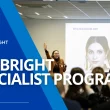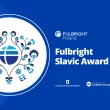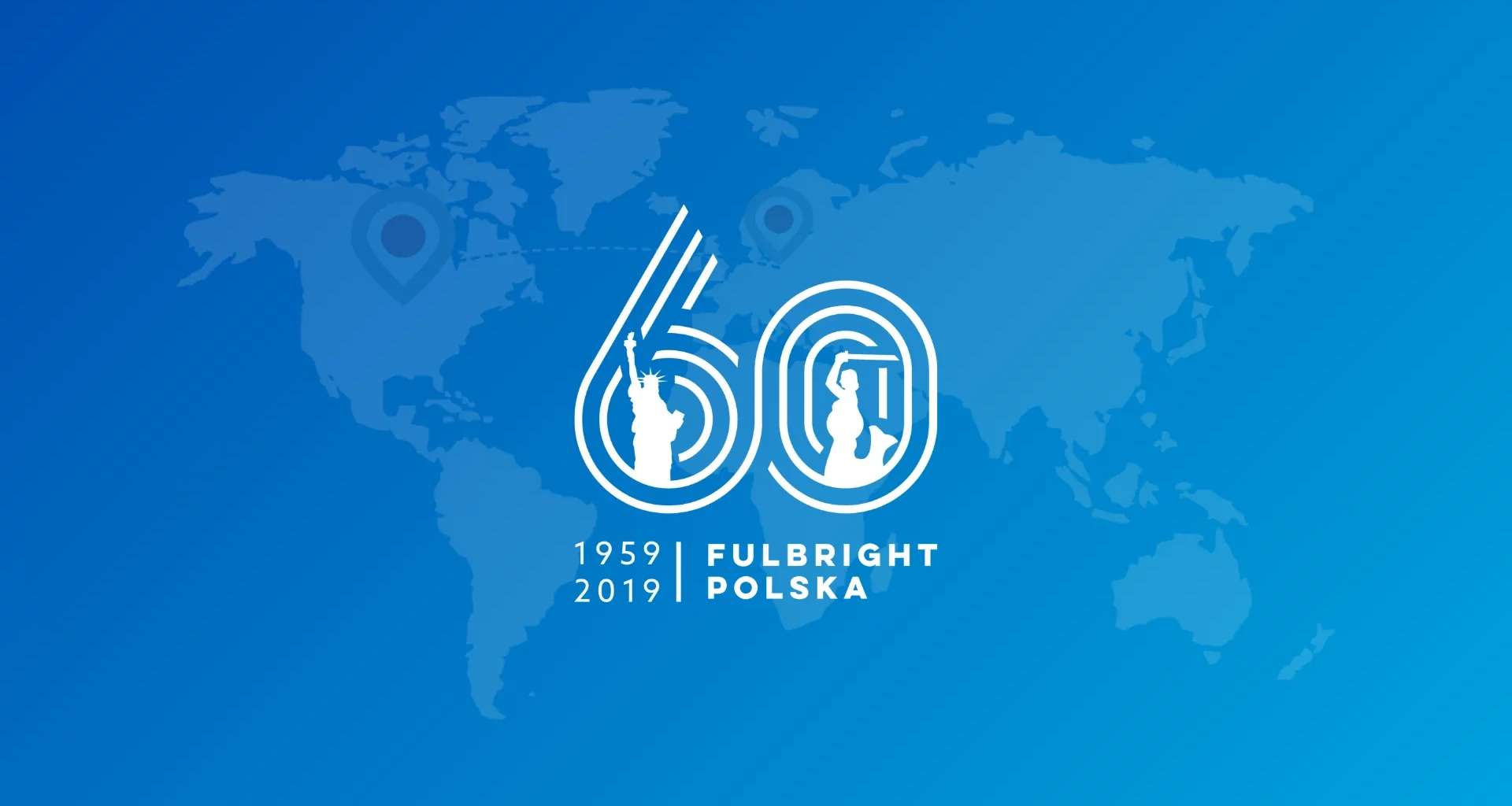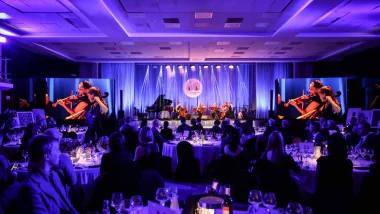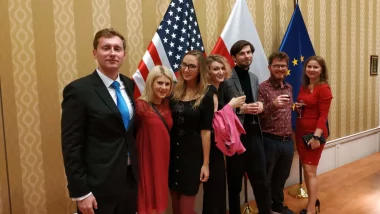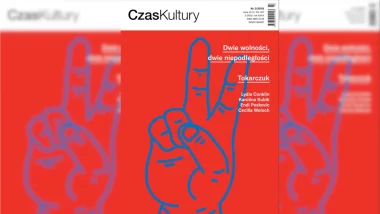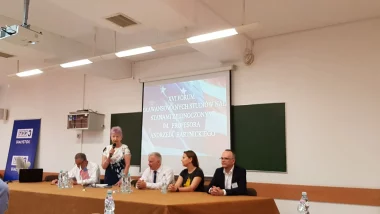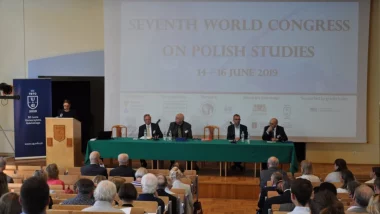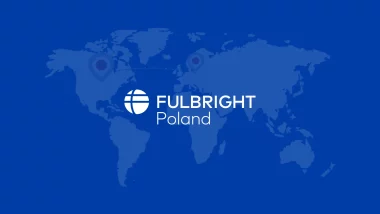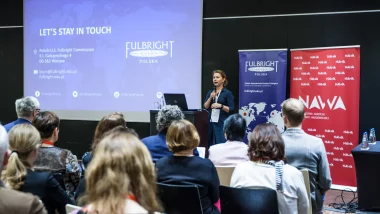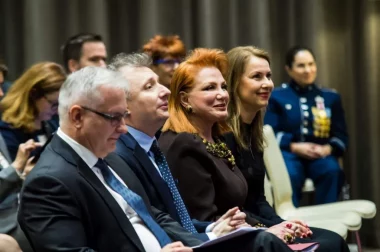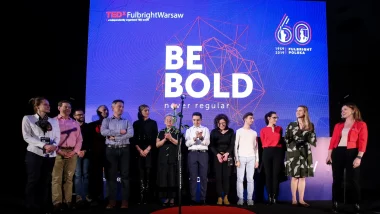The Fulbright Program is the flagship international educational exchange program of the U.S. government. For over 70 years, the Fulbright Program has supported cooperation for the development of science, culture, and interpersonal, as well as inter-institutional relations between the United States and over 160 countries. Since the inauguration of the Program in 1946, almost 400,000 people worldwide have benefited from scholarships, taking part in academic exchanges.
Poland was the first country in Eastern Europe to join the Fulbright Program. In 1959, Franciszek Lyra, graduate of the University of Warsaw English Department, was the first Polish Fulbrighter. He received a one-year fellowship to study linguistics at the University of Indiana, Bloomington. Several years after his return to Poland, Lyra utilized the knowledge and skills he had developed during his stay in the United States to help establish the English department at Maria Curie-Skłodowska University in Lublin. In 1961, the first American grantee visited Poland. Prof. Daniel Aaron from Harvard University spent a year in the nation’s capital as a visiting lecturer at the University of Warsaw.
Alumni
Since the inauguration of the Fulbright Program in Poland more than two thousands Poles benefited from participating in the exchange. The community of Fulbrighters is growing every year, and its ranks are joined by successive, prominent scientists – lecturers, representatives of the business world, the government sector, as well as of non-governmental organizations, media, culture and the arts. Among notable alumni are prof. Marek Belka, dr Henryka Bochniarz, dr Włodzimierz Cimoszewicz, prof. Danuta Hubner, prof. Grzegorz Kołodko, Juliusz Machulski, prof. Dariusz Rosati and Cezary Stypułkowski.
All alumni agree that participation in the Fulbright Program had a huge impact on their lifes and career development. Fulbright helps establish contacts, both professional and private, opens many new doors and gives inspiration that lasts years.
During the first 30 years of the Fulbright Program in Poland, the US Embassy and the Ministry of Education were responsible for organizational and administrative aspects of the exchange fellowship. In 1990 the Office for Polish-American Scientific Exchange was established. Currently, under the name of the Polish-U.S. Fulbright Commission, our team steadfastly implements the ideological and strategic goals of the Program that have remained unchanged for the past 70 years. The incredible faith of William Fulbright in the possibility of giving history a new, positive course, and his clear plan of how to carry this out, continues to inspire all staff and advocates of the Commission to this day.




